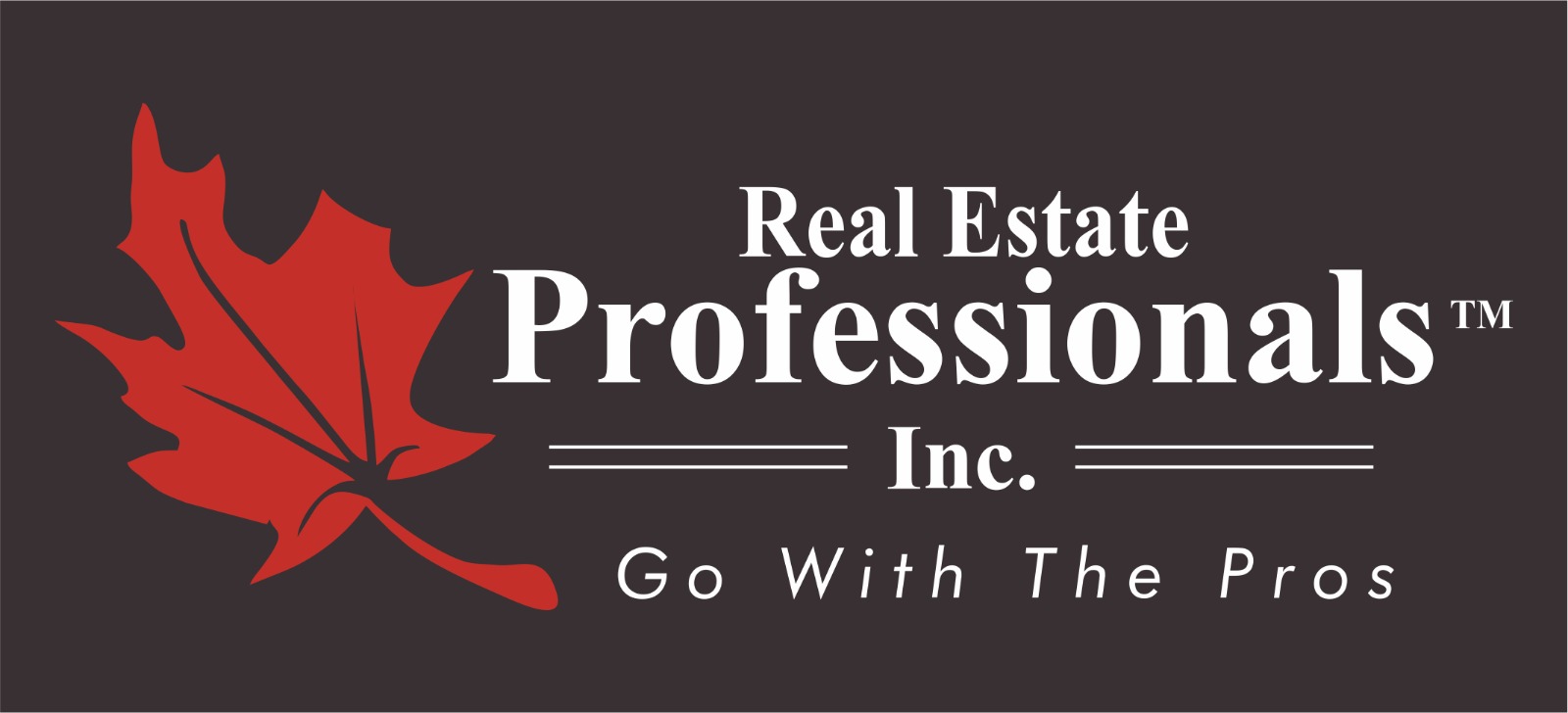Foreign Buyer Ban Update - Khemka Law
February 2024

In an attempt to combat the sharp increase in house prices, the federal government has introduced the Prohibition on the Purchase of Residential Property by Non-Canadians Act (the “Act”), which came into force on January 1, 2023.
Basic Overview
The Act prohibits non-Canadians from purchasing, either directly or indirectly, any residential property in Canada. The initial timeline for the ban was 2 years.
However, on February 4, 2024, the Honourable Chrystia Freeland, Deputy Prime Minister and Minister of Finance, announced a 2-year extension to the ban on foreign ownership of Canadian housing. This means, non-Canadians cannot purchase any residential property themselves or through a corporation, trust, individual or other legal entity until January 1, 2027.
Who Will Enforce The Act?
It is the responsibility of non-Canadian buyers themselves to ensure they are eligible to purchase a residential property in Canada while the Act is still in force.
Do Real Estate Agents, Lenders or Lawyers Have A Role In Enforcing The Act?
As per the Regulations, which provide supplemental information concerning the Act by the federal government, the Act does not impose any information collection, processing or reporting requirements on Canadian professionals. The Act also does not impose any requirements with respect to the completion of forms or other types of documentation that require a professional to verify their client’s eligibility under the Act.
As such, the Act provides industry professionals with the flexibility to manage compliance within their respective circumstances and does not impose information collection, processing or reporting requirements for lawyers, notaries, real estate agents or other professionals. It is for these professionals to determine what, if any, measures may be required for them to meet their professional responsibilities and duties to their client.
What Are The Penalties For Contravening The Act?
The Act does not affect the validity of the sale of a residential property that contravenes the Act. This means that buyers and sellers are still legally required to comply with the obligations of their purchase contract(s) – even if it contravenes the Act – unless their contract has explicit termination terms or other protective clauses written into the contract to render the transaction null and void. The non-Canadian will still be required to complete their transaction.
However, liability for contravening the provisions of the Act is quite far reaching. In addition to the non-Canadian, under the meaning of the Act, anyone also found counselling, inducing, aiding or abetting a non-Canadian to purchase, directly or indirectly, any residential property or attempting to do the aforementioned knowing that the non-Canadian is prohibited will be liable on summary conviction to a fine of not more than $10,000.00. This means, among other professionals and service providers, lawyers and real estate agents can also be found liable under the Act.
Additionally, the Act allows the Minister to apply to court to obtain an order to sell a property that has been purchased in contravention of the Act.
An Approach Moving Forward
While the Act does not impose any information collection, processing or reporting requirements on real estate agents, notaries and lawyers, it is still the responsibility of the professional to ensure they appropriately identify their clients and make reasonable enquiries concerning the status of their clients, for the purposes of the Act.
It is currently unknown if willful blindness (i.e. purposefully ignoring) to their client’s status as Canadians, for the purposes of the Act, would constitute a valid defense in court should issues concerning liability arise for the professional. However, we highly doubt it.
As such, to be on the safe side, it is recommended that each professional should, where circumstances permit, have their buyer clients provide either a current Canadian passport or Permanent Resident card as a valid form of primary ID. At the very least, and in the event the client does not have a current Canadian passport or Permanent Resident card, the professional should have their buyer client sign off on an Acknowledgement Form/Certificate certifying that the buyer is not prohibited from purchasing residential property, under the Act, given their current status. An example of a Foreign Buyer Ban Certificate is accessible by clicking the button at the bottom of this Tidbit. The real estate professional does not need to question the buyer’s certificate or require further information unless that professional has additional concerns specific to that circumstance.
If you have any questions regarding the Prohibition on the Purchase of Residential Property by Non-Canadians Act then please do not hesitate to contact Khemka Law or legal counsel of your choosing. If there is a topic you would like us to cover then please let us know! We are always here to assist you. Thank you for taking the time to read this Thursday Tidbit.
Sincerely,
Pranav Khemka
Pranav Khemka, Barrister & Solicitor
T:(403) 457-9577 | F: (403) 457-9578
E: pkhemka@khemkalaw.com
